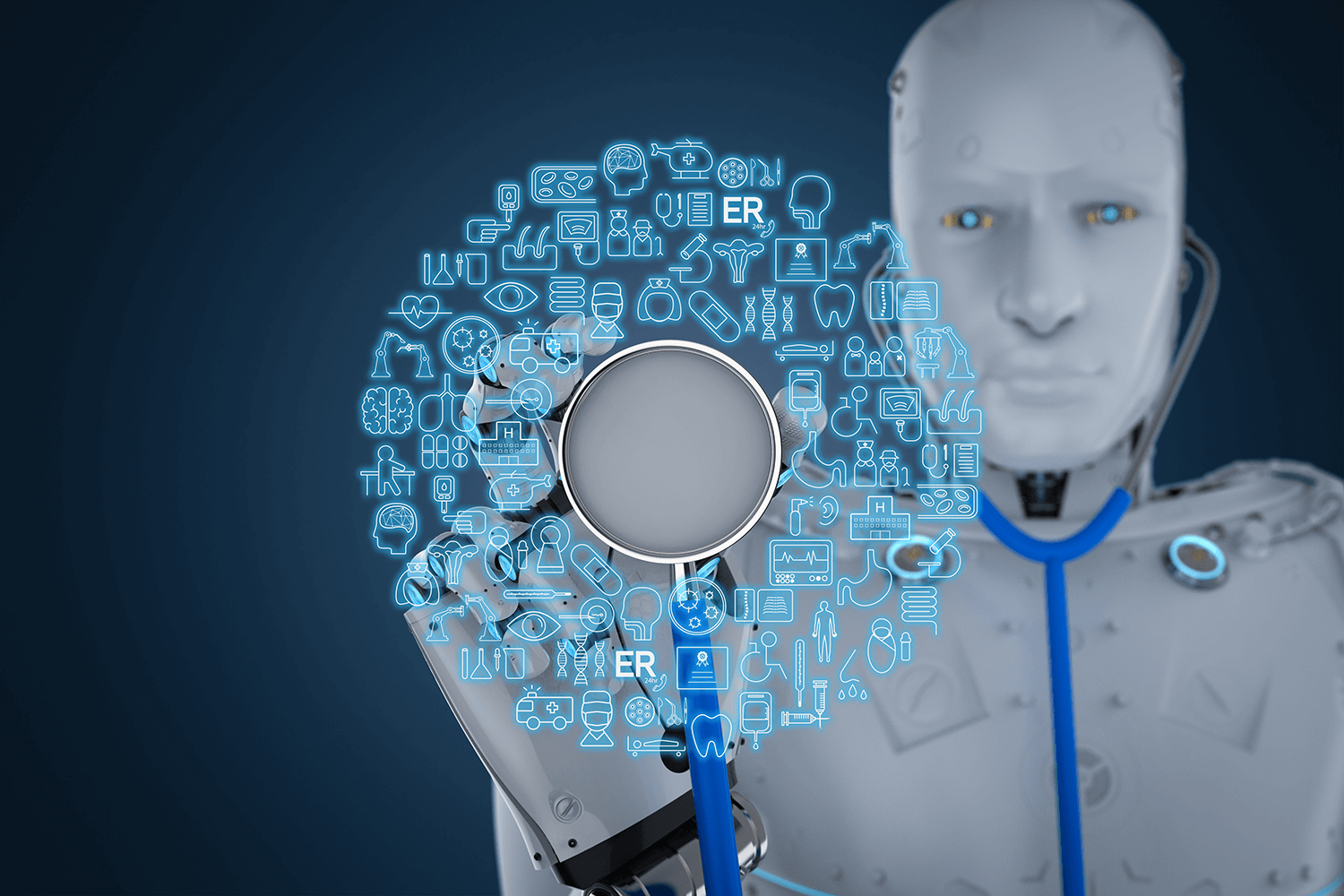
How AI is Addressing the Burnout Crisis Among Healthcare Professionals
How AI is Addressing the Burnout Crisis Among Healthcare Professionals
The burnout problem that is affecting healthcare personnel is unparalleled, with long hours, heavy administrative loads, and emotional strain taking a toll. Over 50% of doctors report experiencing burnout symptoms, such as tiredness, cynicism, and a diminished sense of success, according to a study published in the Journal of the American Medical Association (Shanafelt et al., 2015). Fortunately, a potential remedy for this widespread problem is provided by developments in artificial intelligence technology, specifically in the form of AI scribes.
The Burden of Administrative Tasks
AI scribes are made to help with administrative and routine documentation for healthcare providers. Even though they are necessary, these duties frequently take up a large amount of a doctor’s time. According to a 2016 study by Sinsky et al., physicians spend over two hours on administrative tasks for each hour they spend directly caring for patients. This mismatch lowers the quality of patient encounters in addition to fueling burnout.
How AI Scribes Help
The AI scribe technology from CoPilot Medical is an example of how AI might relieve these stresses. AI scribes help healthcare professionals save time by automatically transcribing patient encounters and monitoring electronic health records (EHR). This lessens stress and increases job satisfaction for medical professionals by enabling them to concentrate more on patient care.
Proven Impact on Burnout
Numerous studies and practical applications attest to the beneficial effects of AI scribes on lowering burnout. According to an American Medical Association survey, 80% of doctors who employed AI scribes saw a major decrease in the amount of time they had to spend documenting, which decreased their rates of burnout (AMA, 2018). Additionally, healthcare practitioners that have been utilizing the AI technology from CoPilot Medical can observe a 20% increase in patient interaction time and a 30% decrease in documentation time.
Real-Life Testimonials
Testimonials from medical professionals attest to the revolutionary impact of AI scribes. Primary care physician Dr. Jane Smith said, “Using AI scribes in our clinic has changed everything. My stress levels have significantly dropped as a result of the reduction in administrative work, and I can now spend more time with my patients.”
Conclusion
In summary, artificial intelligence technology—specifically, AI scribes—is showing to be an indispensable instrument in the fight against healthcare professional burnout. AI scribes free up medical professionals to concentrate on what really matters: delivering high-quality patient care. The potential benefits of AI in lowering burnout and raising overall job happiness are becoming more and more evident as the healthcare sector continues to adopt it.
Sources
- Shanafelt, T. D., Boone, S., Tan, L., Dyrbye, L. N., Sotile, W., Satele, D., … & West, C. P. (2015). Burnout and satisfaction with work-life balance among US physicians relative to the general US population. JAMA, 172(18), 1377-1385.
- Sinsky, C., Colligan, L., Li, L., Prgomet, M., Reynolds, S., Goeders, L., … & Westbrook, J. (2016). Allocation of physician time in ambulatory practice: a time and motion study in 4 specialties. Annals of Internal Medicine, 165(11), 753-760.
- American Medical Association (AMA). (2018). The impact of scribes on physician satisfaction: A survey.
